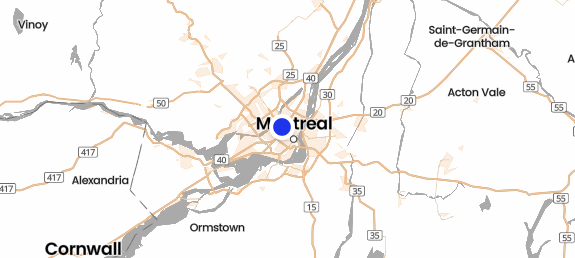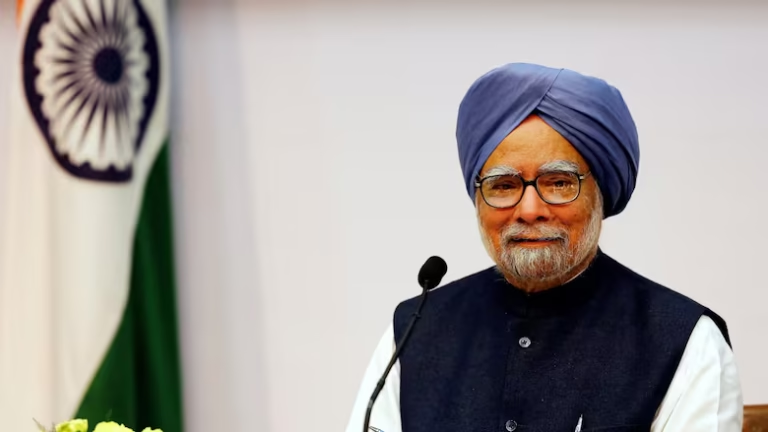
Image by Thomas Ulrich from Pixabay
Government Steps In as Youth Screen Addiction Reaches Epidemic Proportions
Australia’s Bold Move Social Media Ban for Youth: In all fronts, the Australian government had taken serious umbrage by banning any sort of access to social media for anyone under the age of 16 years as the country battles growing mental health and excessive screen-time concerns. This highly debated policy, set to start early in 2025, has pitted debates in a wide range of voices from parents, educators to industry leaders as it balances against various potential benefits with the negative impacts on society.
What finally caused the social media ban?
For years, research has consistently indicated that excessive social media use among young Australians is linked to rising rates of anxiety, depression, and sleeping disorders. This year’s 2023 study showed that about 68% of teenagers also reported feeling stressed or anxious because of online interactions, while 52% said they were spending over six hours every day on all the social platforms combined.
According to the government, this will “protect the mental wellbeing of the nation’s youth.” The Prime Minister further added, “[Insert Name], during the press conference, “Mental health is something for which there can be no debates when it comes to our kids. Social media does bear great influence on their lives, and it is our duty too, to protect them from certain vices of it while they are so tender age-wise.””
Key Provisions of the Social Media Ban
The new legislation will force social media platforms to use more strict age verification processes through government-backed digital IDs. The new legislation warns violators, including tech companies not in compliance, with AUD 10 million fines.
Parents and guardians are, therefore counseled to constantly be in a position to police their children’s use of the internet as the government works with schools and community groups to develop workshops on responsible digital practice. More platforms are underway, teaching and age-appropriate communication sites to assist young people in staying virtually in touch yet safely.
Supporters Praise a Step Toward Prioritization of Mental Health
The ban has generally been welcomed by advocates for mental health and parents’ groups, who say it is a much-needed intervention aimed at changing the negative influences associated with too much screen time.
This is a wake-up call for parents and society in general, confirmed one of the most famous child psychologists, Dr. Emily Carter. “Protecting the children from hurtful content online will cultivate social-emotional growth in the way the children would have wanted it.
The policy also has been praised by many parents who mentioned struggling to restrain their children from social media despite its obvious impacts on their well-being. “This policy takes the pressure off us as parents. It’s time for companies to be held accountable for their influence over our kids,” said Melbourne-based parent Sara Patel.
Critics Warn of Overreach and Possible Backlash
The policy is a blatant breach of freedom, one which is going to have the worst consequences-traffic going unregulated on the net. This blanket ban risks alienating young people and may inadvertently push them toward riskier behavior on unregulated platforms, as argued by Alex White who heads the Australian Digital Rights Organization.
The tech companies, international giants including Meta and TikTok, have meanwhile pointed to a number of privacy and technical issues that make rigid age verification an unrealistic task. Some have called for a more collaborative approach, rather than outright restrictions.
Social Media Ban: What’s Next for Australian Youth?
While the ban is rolled out, the government would work to make the transition smoother. Besides other effective policies, it has been on its list to increase extracurricular activities, outdoor engagement, and digital literacy programs in schools.
It is an area in which parents should be able to move forward to building good, meaningful time offline. “It’s not about taking away social media per se, but filling the gap with healthier alternatives, actually,” according to Karen Lewis, a Sydney-based family counselor.
The Broader Impact on Tech Policy Around the World
The bold move by Australia could set a precedent globally, and many countries are closely watching the outcomes. Countries like the UK and the US have already discussed introducing similar age restrictions, reflecting a growing acknowledgment of the need to regulate social media use among minors.
Yet, as this debate is carried forward, threadbare, one thing becomes remarkably clear: it is on the crossroads of mental health and digital technology that the fate of future policy decisions stands at in Australia, and possibly the world. Whether it triumphs or not could make the difference to how societies evolve in light of the many complex and unprecedented challenges hurled across by the digital era.
Takeaway: Balancing Protection and Freedom
A social media ban for Australia’s youth is a bold shot at concerns of mental health and screen addiction. Proponents welcome this as long overdue, while some forms of intervention overreach into potential excess; the future months will tell if the policy meets its intended outcomes or invites unintended results in this changing digital landscape.
Related article: Tiktok’s Vancouver Office Closure





